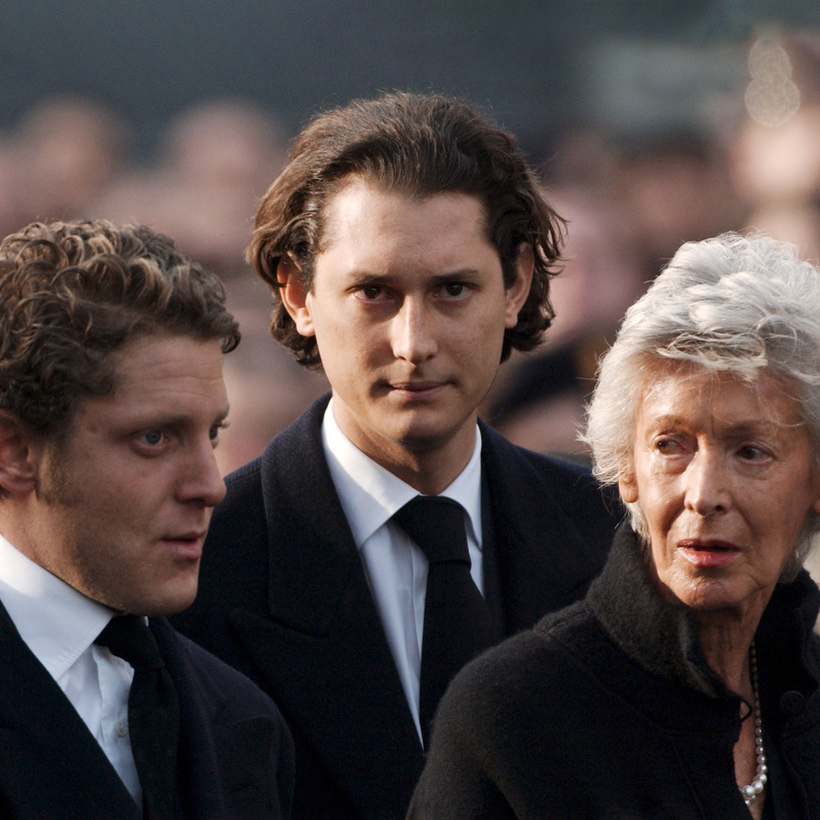A man with a net worth of $2.8 billion is now due to spend ten months on full-time menial community work, picking up the rubbish jobs in homes for the elderly, drug addicts or others whose demons and difficulties have consumed their lives.
You would think that John Elkann, the 49-year-old scion of the Fiat and Ferrari multi-industry family business, would be wholly unsuited. He agreed to this community service and a $215 million fine, paid jointly with his two siblings, to avoid their tax case going to court. Elkann’s request for probation does not entail any admission of responsibility, nor does the settlement reached with the tax authorities.

